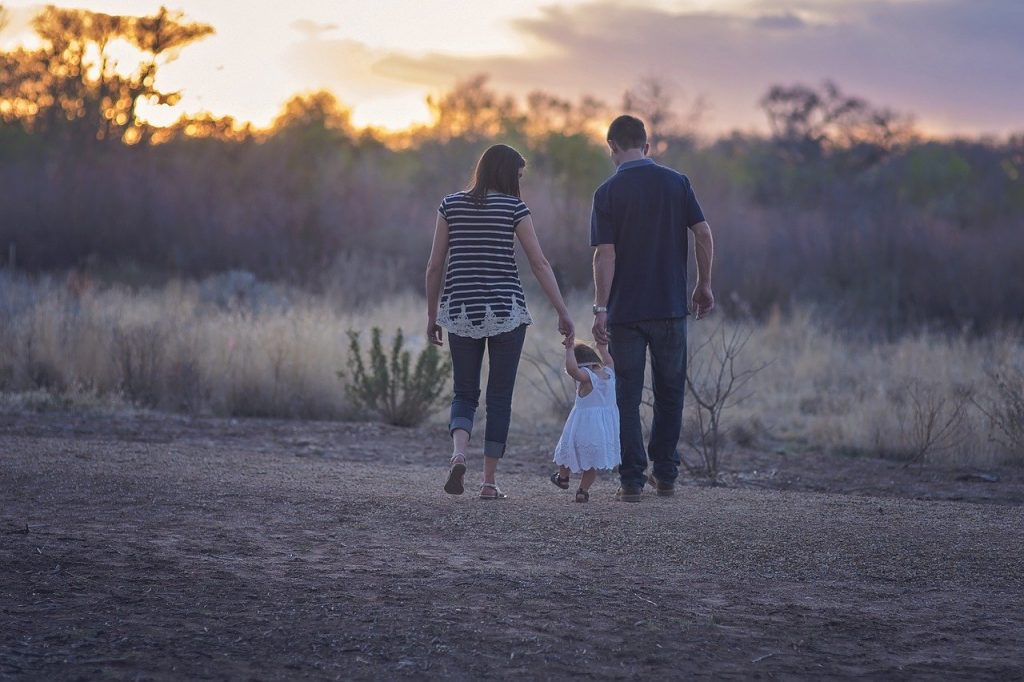Contact rights vs epidemiological situation

Most importantly it should be stated, that in case the child or the parent is not in quarantine and presents no epidemiological risk – eg. none of them has just arrived home from an infected area, no contaminated person was identified in their close vicinity – according to the main rule, there is no legal impediment to exercise the right of contact. However preventing further infections is everyone’s obligation, which includes meeting the high hygiene requirements such as frequent hand washing and avoiding social gatherings and contacts.
The parents’ obligation to cooperate – even in case of parents who live separately – is stipulated as a requirement by the law. However in the present situation this obligation shall prevail more increasingly, as it is essential that parents bear in mind to cooperate in the best interests of their child.
What makes the situation regarding child-parent contact even more difficult is the fact that the court decisions do not cover the rules of child-parent contact in case of state of danger. However, the parents have the right to deviate from the normal/regulated contact arrangements by their mutual agreement. Thus, parents have the opportunity to develop a flexible contact arrangement during a state of danger, but first and foremost, they have to take into account the best interest of the child, that they need to minimize the change in the routine of the child and that the child needs both parents, even in the time of an epidemic.
However, if it is justified from an epidemiological point of view that the child and the separated parent should not meet, the personal child-parent contact has to be suspended as the public health interest overrules the right to contact. In this case, it is necessary that the parents develop a form of contact that strives to protect the health of both the child and the parents.
The following aspects shall be considered when developing a contact policy during the time of state of danger, but it is important to highlight that the absence of one single condition does not in itself mean that the contact could not work.
– The parents live far away from each other and there is no car in the family, so to travel from the residence of one parent to that of the other would only be possible by a long public transport journey.
– The parent does not have an internet connection, an appropriate technical device, therefore he/she cannot ensure the child’s participation in distance education.
– One parent lives in a house with a garden where the child can more easily endure confinement because he/she has more space to move, whilst the other parent lives in a small apartment where it is more difficult to preoccupy the child on the long run.
However, if there is a health risk on the side of the separated parent, or the child is quarantined, personal contact is not possible. The law requires parents to keep each other informed of such impediments. In this case, the parent who should exercise the contact rights shall not be liable for the missing contact, and after the end of the quarantine, in accordance with the legal regulations regarding the substitution of missed contacts, the contact must be substituted within six months at the latest
One parent’s unilateral decision is unlawful if
– the separate parent deliberately fails return the child after contact,
– or, from the other side, contact is not provided by the parent caring for the child.
A parent who is impeded to contact is entitled to request the contact to be substituted. In case the other party fails to provide that, the court shall decide whether the substitution can be realised or not, as from the 1st March 2020, decisions on contact with the child can be enforced before the competent district courts instead of the guardianship authority.
This new non-contentious civil law procedure that falls within the material jurisdiction of the district court can be launched by both the person entitled to have contact and the person who is obliged to provide contact. The time limit to launch the proceeding is 30 days from the date on which the decision was infringed or of becoming aware of the infringement.
Thus, the enforcement of contact always falls in the material jurisdiction of the district court, irrespective whether the court or guardianship authority has ruled previously on the contact rights or approved the settlement of the parties. An important change from the previous regulations is that this procedure is subject to duty, which amounts to HUF 6,000.
In conclusion, the epidemiological situation in itself does not put a halt on the contact between child and parent The parent caring for the child is obliged to provide contact for the separated parent, but contact must be exercised with care and the parents must take into account the best interest of their child at every occasion.
dr Bankovics-Balogh Erzsébet/ fordította: dr Zöld Judit

